When people struggle with mental disorders, we often look at it at face value. What many people don’t realize is that mental disorders can be a symptom of deeper issues that have been unresolved for years. Oftentimes, trauma lies at the root of mental health issues. In order to help people deal with their mental health problems, we need to understand trauma and its effects on mental health.
In this article, we will explore trauma and its effects on mental health. Importantly, we will also discuss where to get professional help if the need arises. If you are dealing with trauma and it is impacting your well-being, call SEE Purpose Treatment Center toll-free today. We offer evidence-based Indiana inpatient substance abuse treatment tailored to meet your specific needs. Our Indianapolis detox center offers state-of-the-art amenities and a luxury environment which gives you the time, space, and support you need to heal and grow.
Make today the day you address your mental health; call SEE Purpose Treatment Center right now.
Understanding Trauma
So what is trauma? Simply defined, trauma is an emotional response to a distressing event or events that occur in one’s life. When someone experiences trauma, they may feel a strong sense of shock and loss, but trauma experiences can run the gamut of emotions. Common examples of traumatic events include the following:
- The sudden death of a loved one, friend, or pet
- Surviving a major accident
- Surviving a natural disaster such as flood, earthquake, or tornado
- Being the victim of neglect or abuse (physical, mental, sexual)
- Being the victim of a violent crime
- Living through a war
- Surviving a life-threatening illness
These life-changing incidents often happen during childhood, but people of any age can experience trauma. In many cases, people can move on from traumatic events with the right help and support. However, there are some people who are unable to shake the memories and events associated with the traumatic event. As a result, they may isolate themselves from others and become fearful of social situations that may trigger traumatic memories.
Trauma And Its Effects on Mental Health
Over time, the effects of trauma on mental health become more pronounced and harder to deal with on a daily basis. A tell-tale sign of trauma impacting mental health are the vivid memories that flood the brain with little or no warning. These memories feel real, and individuals who have experienced trauma may feel like they are living through the event all over again.
Additionally, people with unresolved trauma may misinterpret things in their current environment and mistake them for things they experienced during the traumatic event. As a result, they might leave a situation in a panic or avoid those places altogether.
People with unresolved trauma may also feel an overwhelming sense of survivor’s guilt. They might feel remorse for living through an event while others died or were injured. In some cases, people who survive traumatic events may blame themselves and justify or rationalize the behavior of the perpetrator. As we see from these examples, trauma can severely impact a person’s well-being.
Getting Help
For those who are suffering from mental health issues brought on by trauma, it is important they find the appropriate professional help. Fortunately, there are countless mental health rehab facilities that offer evidence-based treatment programs that are effective and proven to work. Many of these facilities offer intensive inpatient programs as well as a variety of outpatient programs. These programs may include intensive therapy for both the individual and family, medication management (if needed), substance abuse treatment, and crisis management among others.
Find Mental Health Treatment at SEE Purpose
Dealing with mental disorders and illness can bring about much guilt and shame. If you or a loved one need help, the friendly and experienced professionals at SEE Purpose can help you today. Don’t wait another day getting the help and support you need; call our top-rated drug and alcohol rehab in Indiana toll-free right now.







